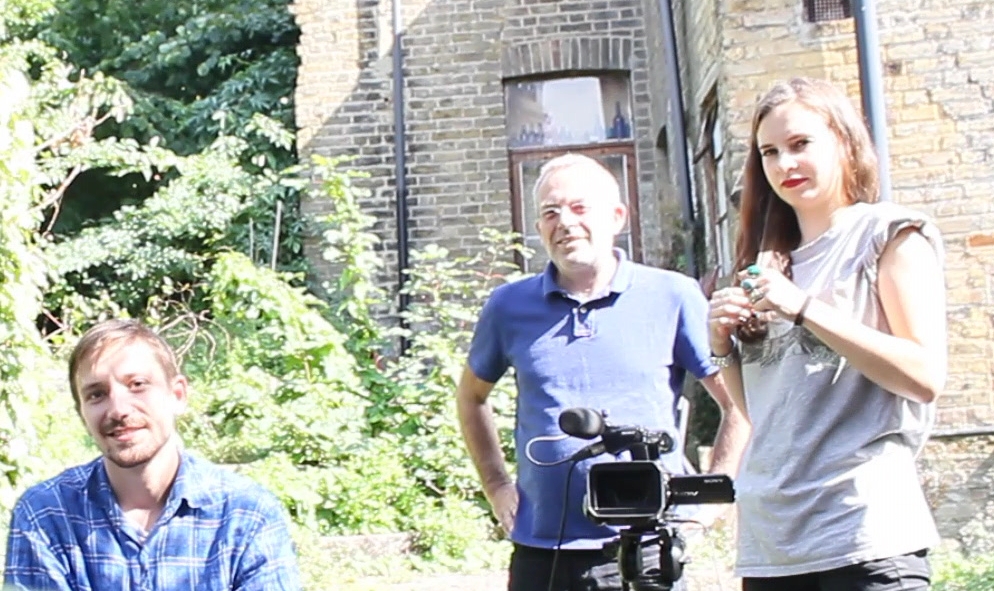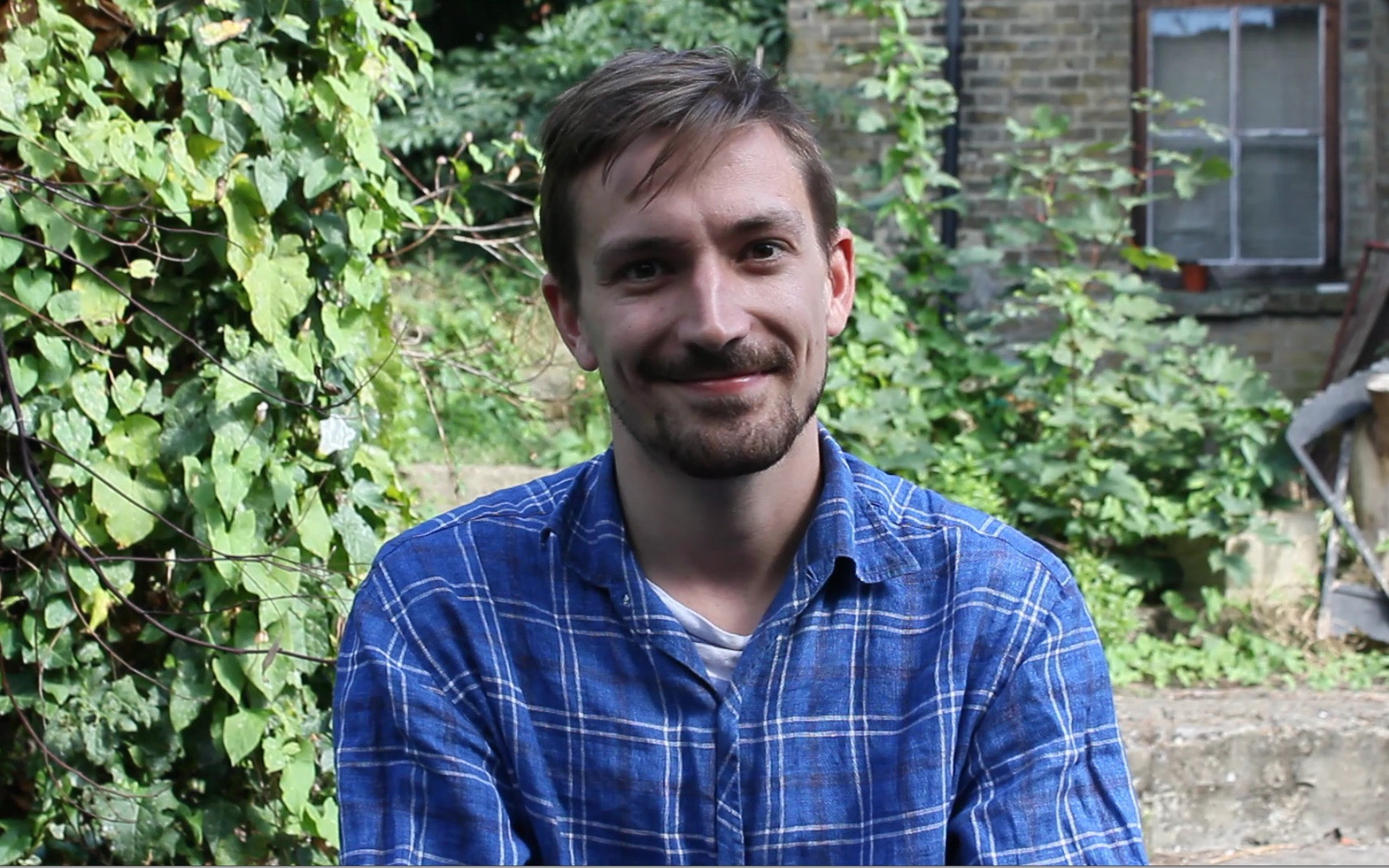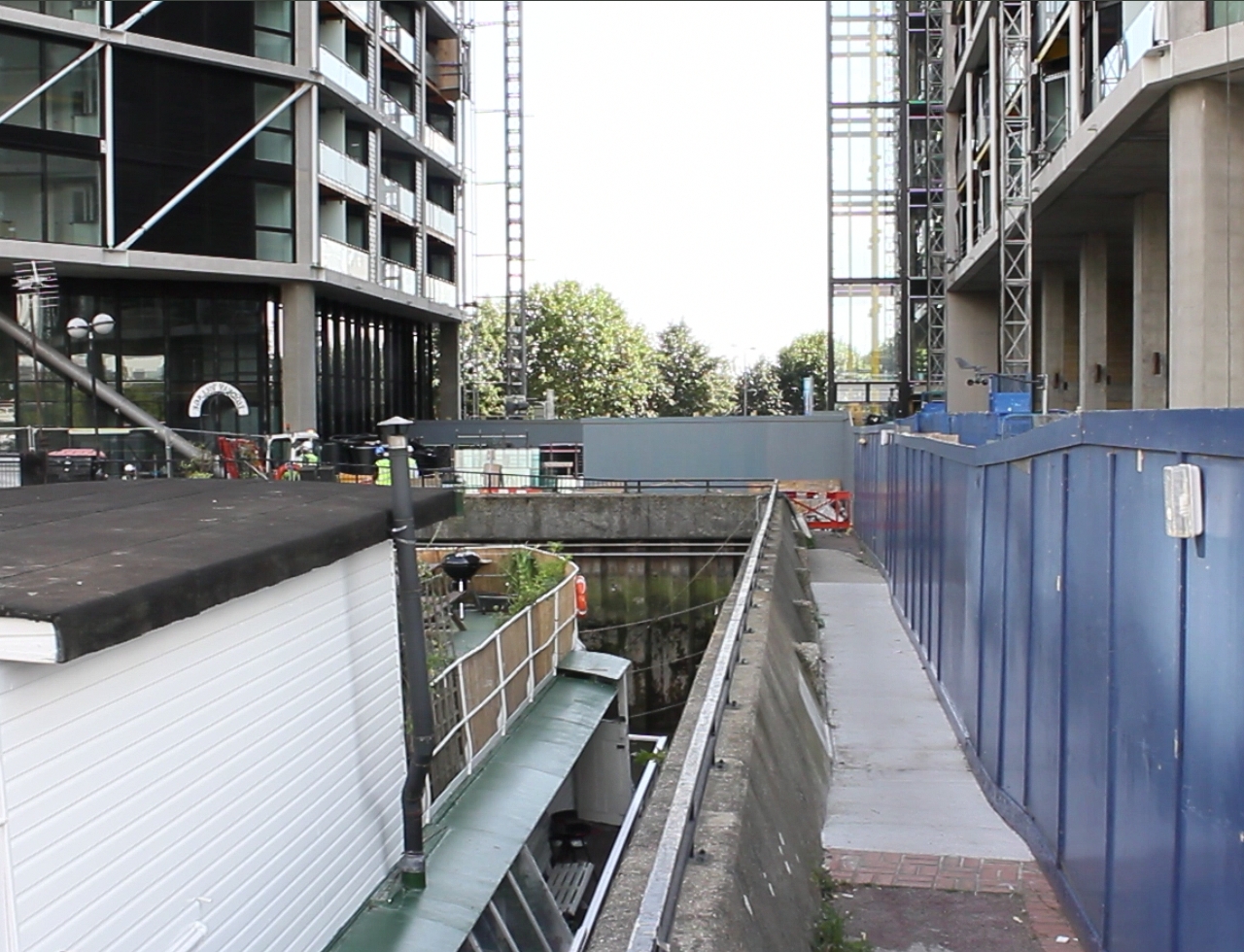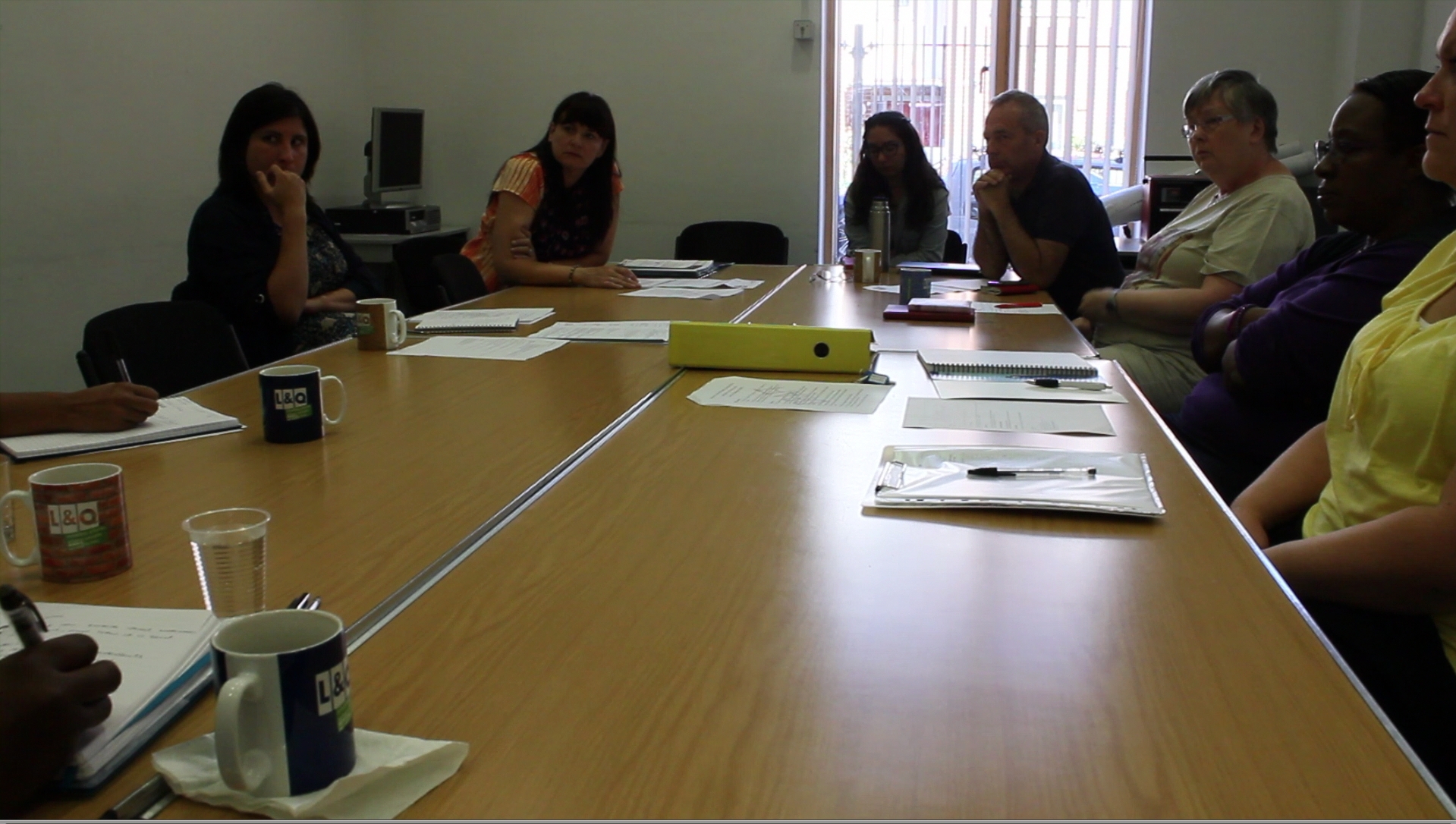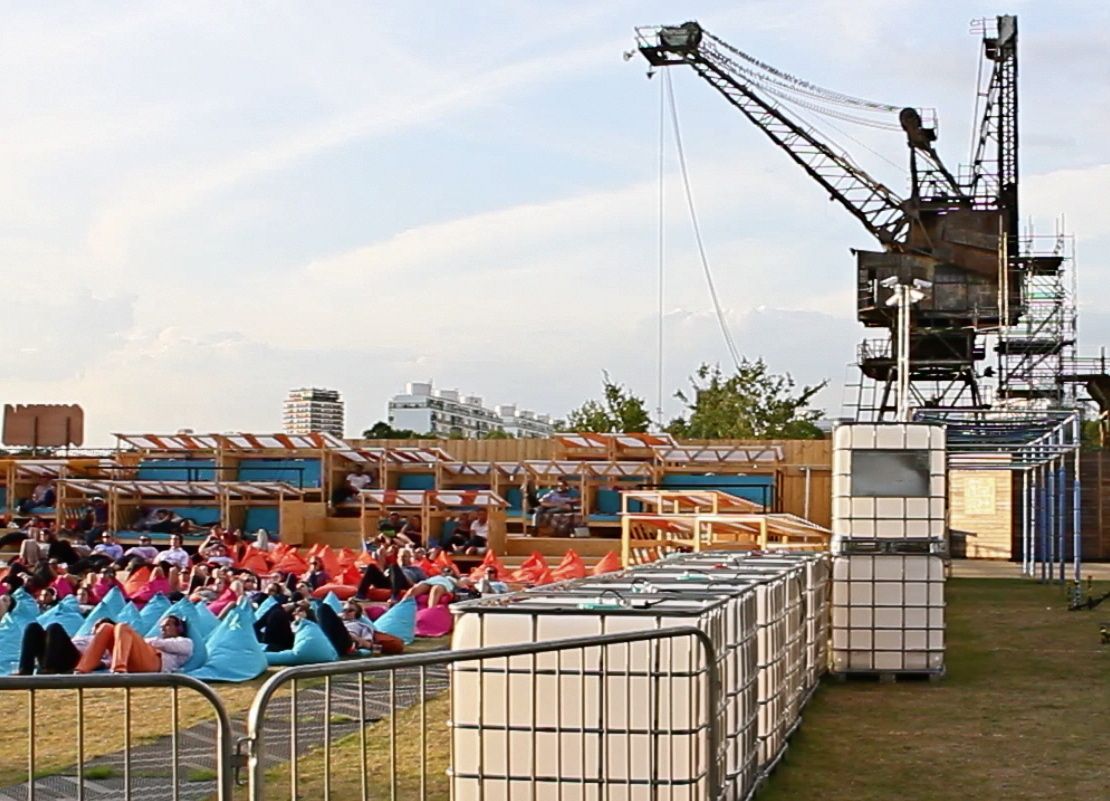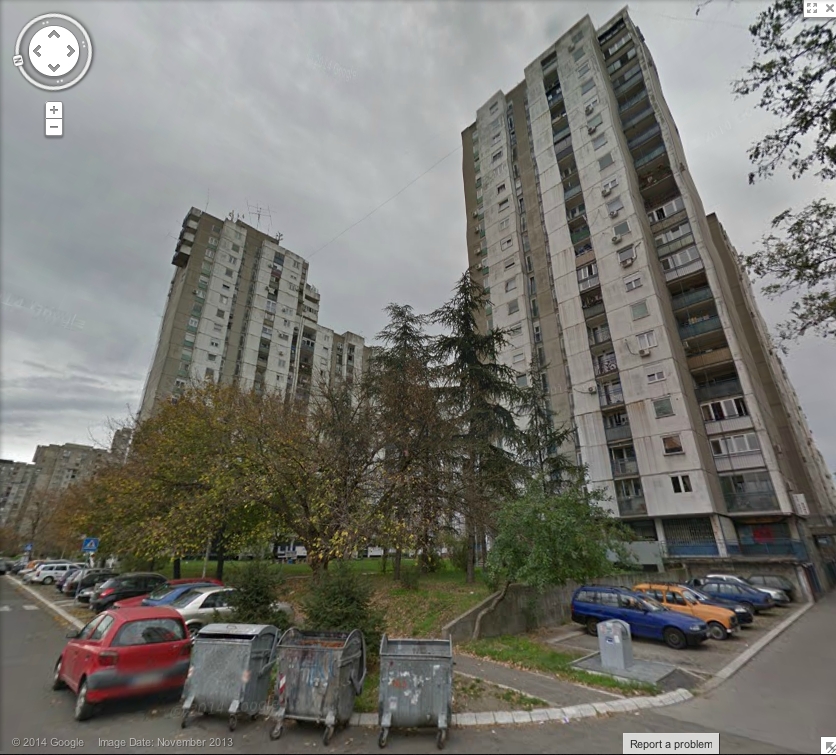Spectacle offers a unique short course in digital video production techniques designed specifically for Anthropologists, Anthropology students and Social Researchers who want to learn to use video in their field research.
Spectacle is an award winning independent television production company specialising in documentary, community-led, investigative journalism and participatory media. We are a small, socially-minded company whose profits go back in to funding our community based work. Our training is affordable and efficient; we teach the basic techniques in just one weekend and we offer large discounts to students and unemployed people.
We schedule weekend courses for individuals regularly throughout the year at our premises in London. However, If you would prefer us to come to you, we are also able to bring our training to your university or institution and teach a group in digital video production techniques. In the past we have trained groups at the University of Cambridge, University of Lancaster, and the Amsterdam Institute of Social Science Research. We received excellent feedback on these courses:
“Mark really knows his subject, and I found the course motivating, practical and enjoyable. I came out with loads of ideas.” Student at the University of Cambridge, Conservation Research Institute.
“In two days you really get a feel for what you can do with a camera, theoretically as well as practically.” Participant at the Amsterdam Institute for Social Science Research.
About the course
This is an intensive, hands-on, weekend training course with emphasis on developing your practical filming skills, participatory techniques, and do-it-yourself confidence that will enhance the quality and validity of filmed fieldwork material. The short, condensed and effective course will give all participants a solid foundation of practical knowledge and a working understanding of digital cameras, sound recording, and filming on location.
Feedback from former participants:
“This is the type of course every anthropologist and social researcher should take” – Dr. Mattia Fumanti, Department of Social Anthropology, University of St. Andrews
“Simple, uncomplicated approach to something people are interested in but perhaps scared of trying out.” – Julie Botticello, Research Associate, UCL
For a full interview with former participant Michaela Benson, Senior Lecturer in Sociology at Goldsmiths, University of London, see here: https://www.spectacle.co.uk/spectacleblog/spectacle-training-courses/interview-spectacle-training-demystified-the-film-making-process/
Details and How to Book
Our weekend course costs £240 or £120 concessions (students and unemployed people, with evidence). We are next running a course on 6-7 December 2013, and then the 10-11 January.
To book, please go here: http://www.spectacle.co.uk/projects_page.php?id=165
For more information on this course or others, see the training pages on our website: http://www.spectacle.co.uk/projects_page.php?id=496
If you want to know more about Spectacle’s work, or have any queries, please email training@spectacle.co.uk
If you are interested in booking the course visit the How to Book page.
For information on other Spectacle training courses
Or contact training@spectacle.co.uk
If you would like more information on future training opportunities at Spectacle sign up for the Training Newsletter – tick the box if you would also like Spectacle’s general newsletter.

